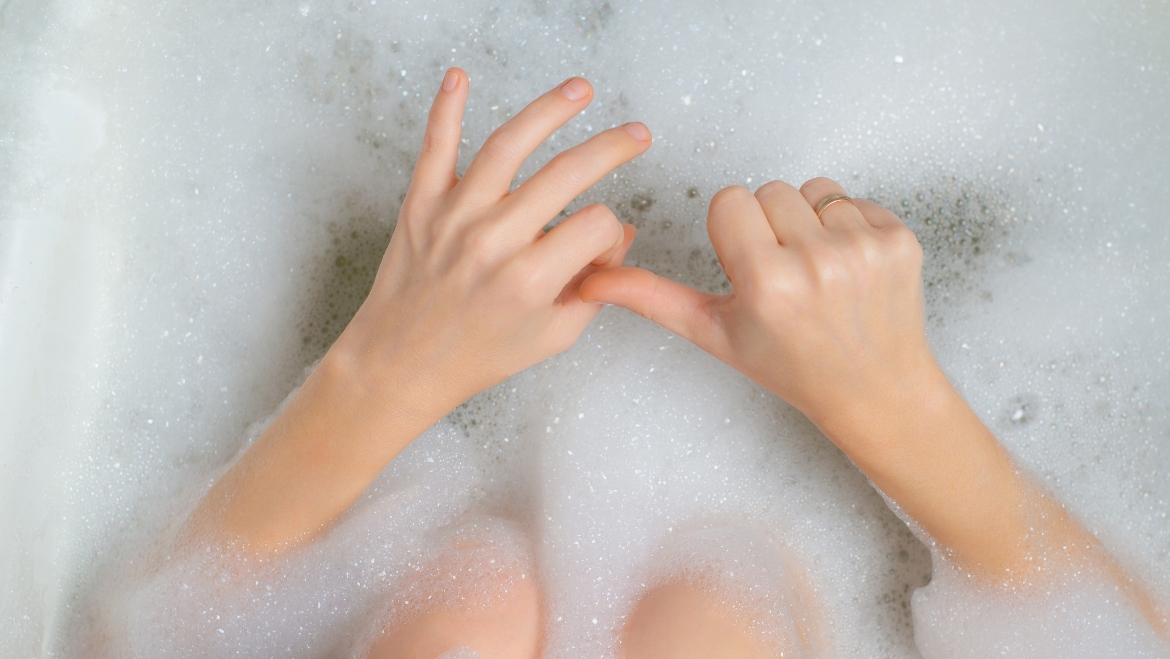When I think about you I touch myself
As a psychotherapist, I often encounter clients who struggle with various sexual issues. One topic that often arises is masturbation. While it’s a common and natural behaviour, there is still a lot of shame and stigma surrounding it. In this blog, I want to explore the topic of masturbation and help individuals understand its role in a healthy sexual life.
First and foremost, it’s essential to acknowledge that masturbation is a normal and healthy part of human sexuality. People of all genders and ages masturbate, and it’s an activity that can provide many benefits, both physically and emotionally. It can relieve stress, improve sleep, and boost self-esteem. Masturbation can also be an excellent way for individuals to explore their bodies and understand their sexual preferences and desires.
However, despite its many benefits, masturbation can be a source of shame or guilt for some individuals. This shame can stem from cultural or religious beliefs, negative messages about sexuality, or trauma. These feelings can lead individuals to hide their masturbation habits or feel embarrassed about them.
As a therapist, it’s essential to create a non-judgmental and safe space where clients can explore their feelings and behaviours around masturbation. I often encourage clients to be honest with themselves and their partners about their masturbation habits. This honesty can help break down the shame and stigma associated with masturbation and foster healthy communication in relationships.
Another common issue that arises around masturbation is addiction. While it’s normal to masturbate frequently, some individuals can develop a compulsive or addictive relationship with the behaviour. This addiction can manifest in various ways, such as spending excessive amounts of time masturbating, feeling guilty or ashamed after masturbating or neglecting other areas of life to engage in the behaviour.
If you feel like your masturbation habits are negatively impacting your life, it’s crucial to seek professional help. A therapist can help you understand the underlying issues driving your addiction and develop strategies to manage your behaviour. These strategies may include developing healthier coping mechanisms for stress or anxiety, creating boundaries around masturbation, or exploring underlying trauma or shame.
It’s also important to acknowledge that some individuals may not feel comfortable masturbating or may not have access to resources to explore their sexuality. This lack of access can be due to various factors such as cultural or religious beliefs, physical disabilities, or mental health issues. As a therapist, it’s essential to meet clients where they are and explore alternative ways for them to understand and express their sexuality.
Lastly, I want to emphasise the importance of consent in masturbation. Masturbation is a personal choice and should always be consensual. If you feel pressured to engage in the behaviour or feel like someone is violating your boundaries, it’s crucial to speak up and seek help. No one should ever feel obligated to engage in sexual behaviours that make them uncomfortable.
In conclusion, masturbation is a normal and healthy part of human sexuality. While it can be a source of shame or addiction for some individuals, it’s important to create a safe and non-judgmental space to explore feelings and behaviours around the behaviour. If you feel like your masturbation habits are negatively impacting your life, seek professional help. And remember, consent is key in all sexual behaviours, including masturbation.



Add Comment